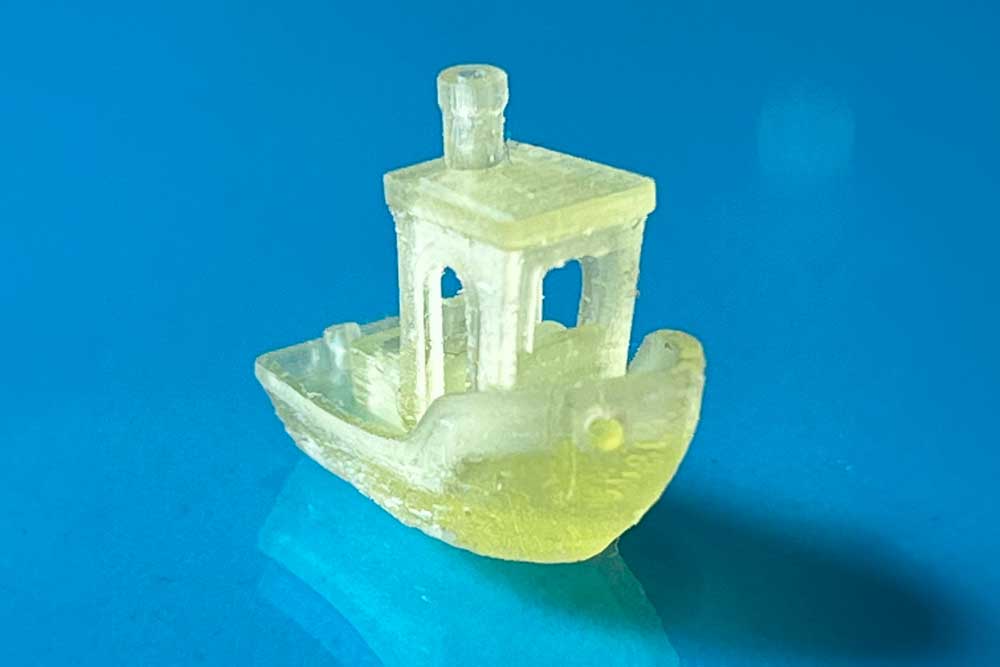A team at the University of Birmingham has produced a photopolymer resin that can be printed at high resolution, broken down into its components, recycled and reprinted.
Photopolymer resins, which are cured by light, are a common choice for producing bespoke 3D printed parts. Despite significant advances in printing resolution and speed, the resins themselves have hardly changed since the 1980s. These are usually based on petrochemical raw materials such as epoxies or acrylates and have limited recyclability as they form irreversible bonds during curing.
In contrast, the Birmingham research team has succeeded for the first time in developing a photopolymer resin that can be printed in high resolution but then broken down into its components, recycled and reprinted using only a small amount of photoinitiator.
Lead researcher Professor Andrew Dove said: “Our approach is an important step away from relying on 3D-printable resins made from petrochemicals, which cannot be efficiently recycled. While we still have improvements to make to the properties of the new resin, this research opens up exciting new avenues for development.”
The starting material for this process is lipoic acid, a naturally occurring fatty acid that is often sold as a dietary supplement. From this, the researchers were able to produce two monomers, from which a recyclable resin was obtained.
Two recycling runs were successfully carried out in the study, but further runs are conceivable. The potential applications of this material range from industries where rapid prototyping is used to test products before mass production, to future applications in the
Co-lead researcher Assistant Professor Josh Worch said: “Enabling recycling within the light-mediated 3D printing industry is essential since it is a rapidly expanding method for materials production. We now have the prospect, with our technology, to help ensure that recycling becomes a built-in feature of 3D printing.”
The University of Birmingham Enterprise has already filed a patent for the resin and its use in 3D printing, underlining the importance and potential of this innovation.
Subscribe to our Newsletter
3DPresso is a weekly newsletter that links to the most exciting global stories from the 3D printing and additive manufacturing industry.



























